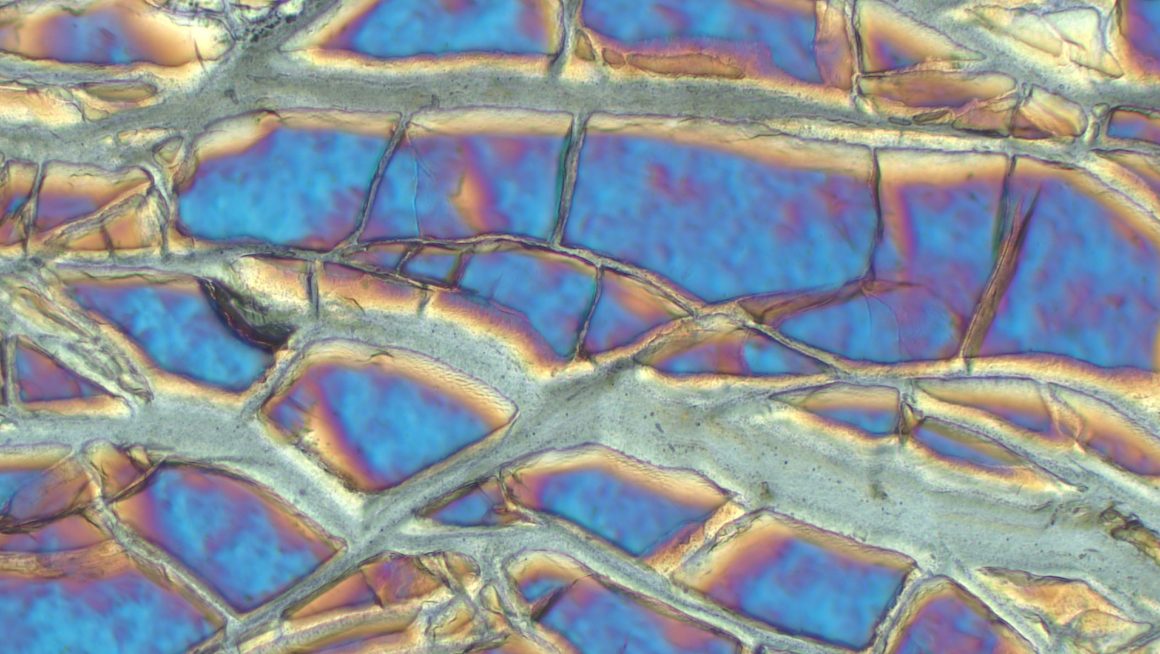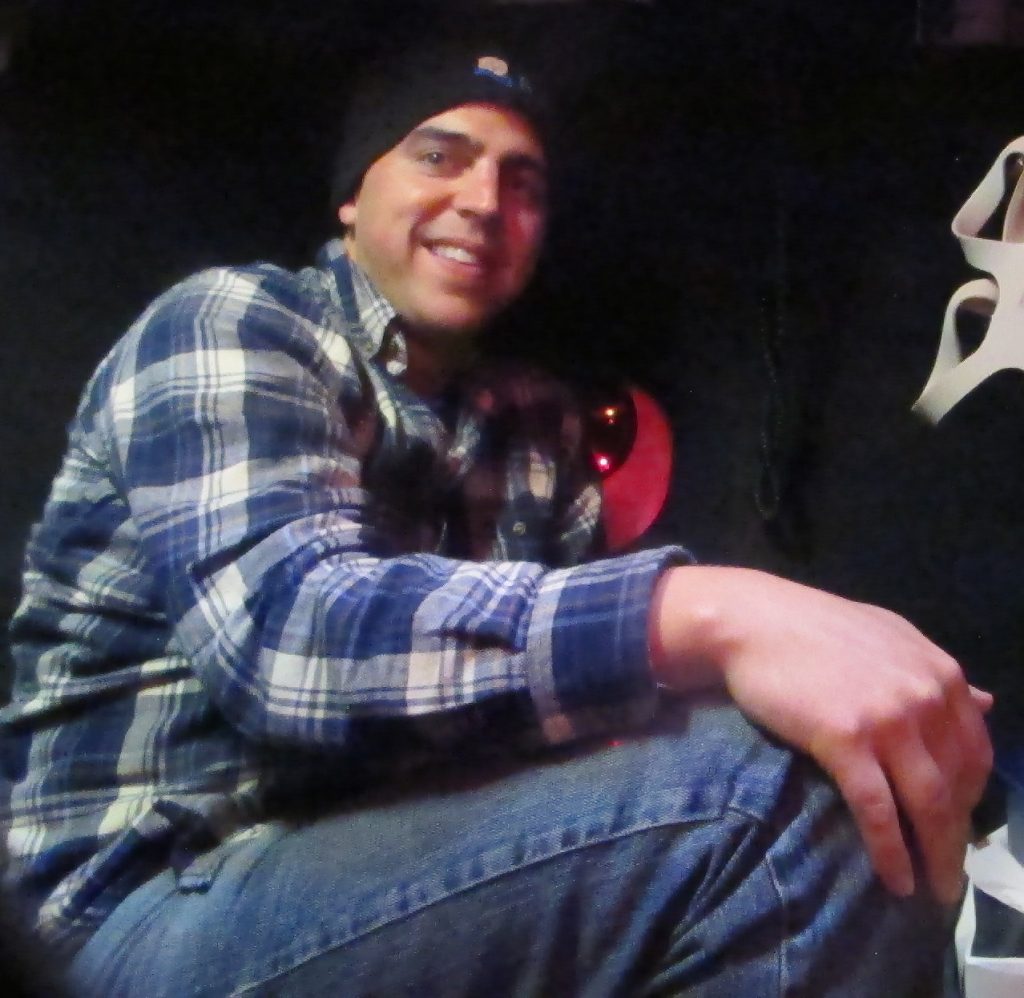
GeoScience professor’s underwater discovery prompts re-examination of origins of life
By Patricia Sharleen, July 1 2020—
“The present is not necessarily the key to the past.”
All on its own, this phrase is not very profound. Paired with the recent discovery made by Dr. Benjamin Tutolo, an assistant professor in the Department of Geoscience at the University of Calgary and co-authors Nicholas Tosca at the University of Oxford and Bill Seyfried at the University of Minnesota however, it could unlock the mystery of how life on Earth began.
For life to have emerged on early Earth, scientists predicted that a source of chemically transducible energy would have been a necessary requirement. There are multiple competing theories of where and how this first happened. Amongst these, deep sea hydrothermal vents have been deemed some of the most promising places. A process called serpentinization, in which ultramafic rocks containing large amounts of olivine (magnesium iron silicate) reacts with seawater to produce warm, alkaline environment and an abundance of molecular hydrogen (H2) have in the past been capable of providing the source of energy that facilitated chemical reactions for basic cell formations in hydrothermal fields. This idea has become a widely accepted theory for the mechanism of the emergence of life.

“One of the fundamental principles of geology and geosciences in general is this idea that the present is the key to the past. It is the best first guess that you can probably have for a system,” says Tutolo.
However, it is precisely this principle that Tutolo found through his 4-year long research that culminates in a published paper titled ‘A seawater throttle on H2 production in Precambrian serpentinizing systems’ to be wrong. What he and his team found was that due to a mathematical relationship between H2 production and SiO2 concentrations in seawater, precambrian serpentinizing systems would have produced up two orders of magnitude less H2 than they do today, falsifying many assumptions that led to leading theories about the origins of life.
“Before creatures like radiolarians, sponges and diatoms started taking the silica out of seawater and making it into their skeletons, the silica concentration in the ocean was only limited by the solubility of minerals. If that’s the case, the silica concentration could be more than 20 times higher in precambrian times than it is today. What we show is that [the relationship] acts like a lever — if silica concentration is high, hydrogen concentration goes down, and if silica concentration is low like today, hydrogen concentration goes up,” Tutolo explains.
The implications of these findings would be that researchers need to rethink the conditions on early earth and as a result, the mechanism by which the first organisms came about. Tutolo points out that “It doesn’t make it impossible that life originated in these systems, but what it does say is that we really need to rethink how the calculations are done.”
There is a much bigger relevance to findings like this than just modelling as close as possible what really occurred during the precambrian era, however.
“If ultimately silica concentrations were very high in seawater until 700 or even fewer million years ago, then the evolution of Photosynthesis happened in the context of very low hydrogen concentrations coming out of these vents. This provides a backdrop to [understanding the question] ‘Can life exist elsewhere in the universe?’ ” says Tutolo.
Tutolo and his team invite bright undergraduate students to join their lab.
“I am keen to have undergraduates working in my lab. I was an engineer but I was given geoscience opportunities as an undergraduate which made me the geoscientist I am today.”
To learn more about Tutolo’s work or get involved with his lab, send him an email at benjamin.tutolo@ucalgary.ca.
